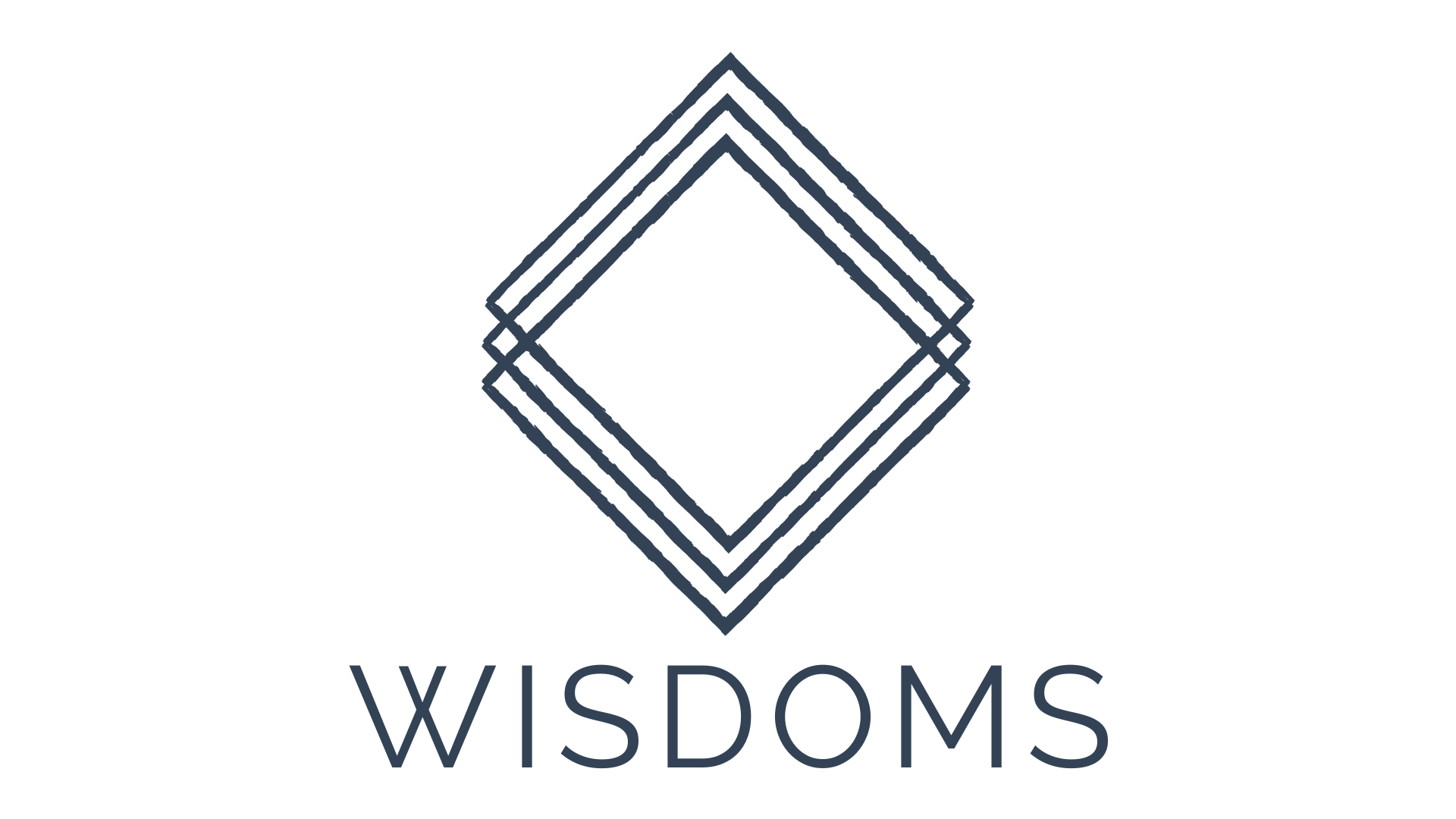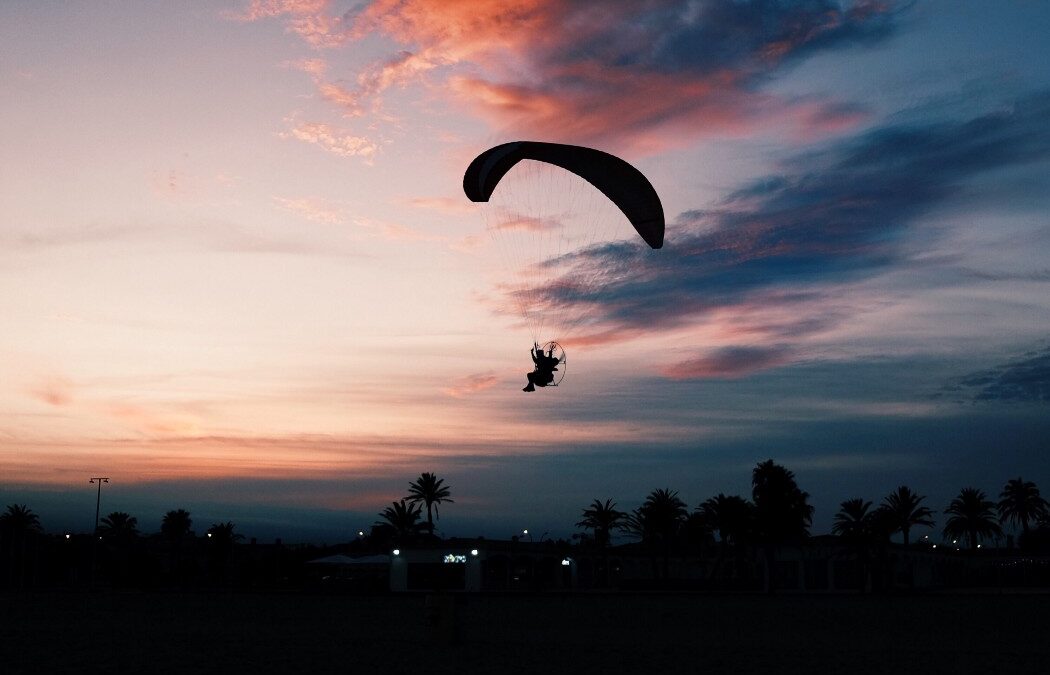Mostly I have found that courage feels an awful lot like fear. At the moment of being courageous the overwhelming feeling is “I am terrified!”
Will Smith is hilarious when he tells story of his first parachute jump. He talks about the stress and panic of the night before and of standing at the open door of the small plane and then the pure exhilaration of that free fall through the air when he actually jumped. His conclusion: the best things in life are on the other side of your fear.
Good things have resulted from me pushing through that barrier of fear. I can still remember the trembling moment, brown suitcase in hand, stepping into my first grade classroom. So began a life-long love of reading and learning.
At the age of 18 I got on a plane for the first time to fly to the United States. Travelling from my sunny little village in a farming district in the middle of Zimbabwe to arrive in a blizzard in the metropolis of Chicago. Now exploring new places and cultures is written into my DNA.
Meeting with my first potential client, the CEO of a multi-national ICT company and hoping like mad that I don’t come across as a complete idiot. In the end he became a regular client and in fact a mentor and friend.
Each of these moments came with dollops of fear. But going ahead anyway I found there was something worthwhile on the other side has given me the courage to keep having courage.
That’s not to say that the fear is not real. The use of FEAR as an acronym for False Evidence Appearing Real does not ring true for me. I do understand that our primitive or reptilian brain can trigger a fight/flight/freeze reaction to things that are not actual threats to our survival. But the feeling of fear, the revolving thoughts, the rumbling in my stomach are much more than an “appearance” to me.
Also I need to respect this fear. It is a natural, built in warning mechanism. In other words it is questioning my intention. It is asking if I really want this. It is checking that I have thought through possible dangers and consequences. It is making me explore options and alternatives. These are all good things — if I listen attentively to what the fear is asking me to examine.
But fear is also designed to maintain the status quo. It prefers comfort, ease and calm. It is highly risk and change averse.
To do anything new, different, or unknown we have to move beyond our fear to learn and discover what is possible and even great. This is what we call courage. Courage is feeling the fear, and even listening to what it is designed to signal, but doing it anyway. You never know what amazing experience is waiting for you on the other side of your fear.

